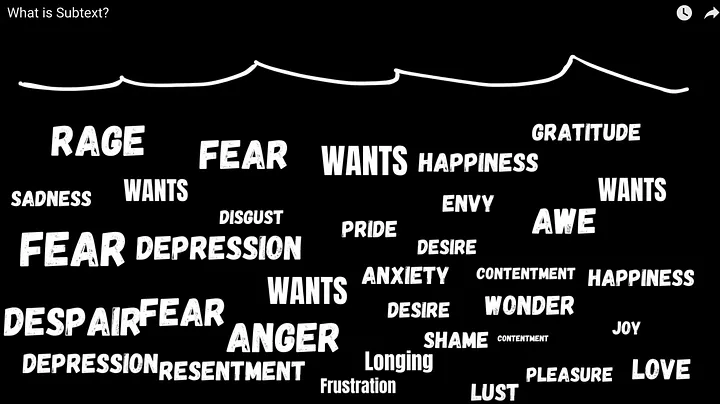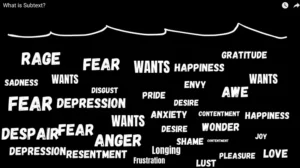“Unlock the Secrets of Screenwriting: 30 Essential Lessons That Could Transform Your Script into a Blockbuster!”
Screenwriting can feel like a dark art sometimes, filled with mysterious jargon and elusive techniques. Have you ever wondered how some writers seem to craft their stories seamlessly while others struggle to even get an idea on paper? Well, here’s a little secret: mastering the craft isn’t about being born with talent—it’s about immersing yourself in the world of film and writing. In this article, we’ll explore the fundamental pillars of screenwriting, emphasizing three key activities that are absolute game changers: watching movies, reading scripts, and, of course, writing pages. Whether you’re a budding screenwriter or a seasoned storyteller, the insights gleaned from these practices can illuminate your path toward captivating narratives that engage audiences. So, grab your popcorn and get ready to dive deep into the cinematic universe—you may just discover that your next great idea is waiting for you on the big screen. LEARN MORE.

You can learn pretty much everything you need to know about screenwriting by doing these three things:
Watch movies.
Read scripts.
Write pages.
Why watch movies?
Because to be a good screenwriter, you need to have a broad exposure to the world of film. Every movie you see is a potential reference point for your writing, everything from story concepts you generate to characters you develop to scenes you construct. Moreover, people who work in the movie business constantly reference existing movies when discussing stories you write; it’s a shorthand way of getting across what they mean or envision.
But most importantly, you need to watch movies in order to ‘get’ how movie stories work. If you immerse yourself in the world of film, it’s like a Gestalt experience where you begin to grasp intuitively scene composition, story structure, character functions, dialogue and subtext, transitions and pacing, and so on.
Movies must be in your lifeblood — and the best way to do that is to watch them. If you haven’t seen all of AFI’s Top 100 Movies, now is the time to start.
Why read scripts?












Post Comment